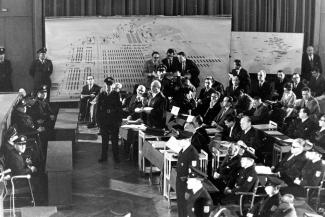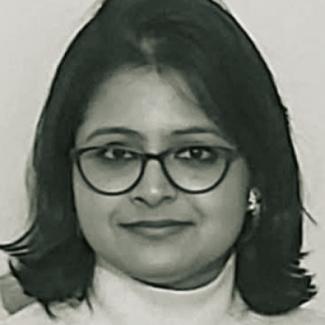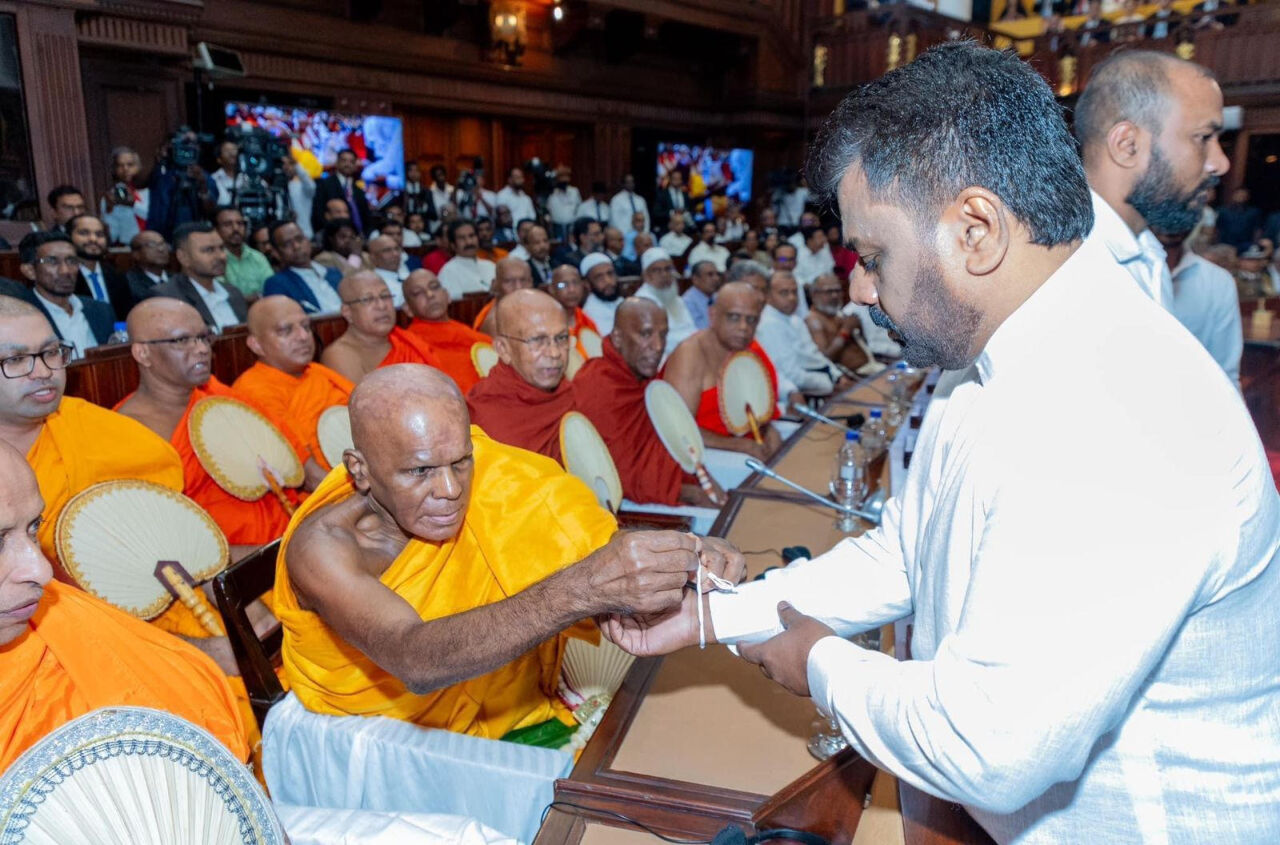Collective trauma
The Legacy of the Auschwitz trials

The first Frankfurt Auschwitz trial initiated by Fritz Bauer started in 1963. One of Bauer’s objectives was to understand how the Holocaust had been organised and what role even lower ranks of the SS played in it (see main text). The 1960s were the decade of the students’ uprising across the globe, and Germany was no exception. Students were inspired by left-leaning ideologies which tend to look at history from the perspective of the collective rather than from the individual.
Fritz Bauer, on the other hand, through the Auschwitz trials, emphasised individual responsibility: Everyone should self-critically examine their own attitude towards National Socialism. This made the younger generation aware of what had happened during the Nazi era. Many started questioning their parents about their role during the Holocaust, and what they had done to prevent it. This happened at a time when large parts of society were concerned with “looking forward” and not dig dirt from the past.
Germany’s image abroad
To some extent, the Auschwitz trials also helped in building Germany’s image abroad. They showed that the West German government seriously wanted to deal with its past. This was necessary because there were still many high-ranking Nazis serving in post-war Germany’s government, who had never been prosecuted for their crimes. Western Germany refused to remove them from their posts. The Frankfurt Auschwitz trials thus reassured foreign governments of Germany’s will to face its Nazi past.
Even though the trials had important impacts, Fritz Bauer himself was not very happy with their outcomes, as Katharina Rauschenberger of Fritz Bauer Institute in Frankfurt explains. He would have preferred the perpetrators to show human emotion during the trial and acknowledge the injustice done to the victims. Instead the trial helped them to narrate their side of the story, which conveniently blamed those in the upper ranks of the system of being guilty, while the rest had to follow orders in order to survive.
Moreover the crimes were treated as “normal” crimes with provisions of murder being used to try the accused. The systematic killing machinery of a legitimatised regime that murdered more than one million people in Auschwitz was reduced to charges of murder and accessory to murder – as if everyday crimes had been committed there.
Nonetheless, the Au-schwitz trials are still relevant. They helped to create awareness of the Holocaust and National Socialism. Nevertheless, it still took about twenty years for historical scholarship to deal with the murder of European Jews and to include the perspective of the victims, as Katharina Rauschenberger points out. This is also the research approach of the Fritz Bauer Institute, founded in Frankfurt am Main in 1995.
Fritz Bauer was concerned with contributing to the democratisation of post-war Germany, says Katharina Rauschenberger. When referring to German society, he always spoke about “we” – indicating that the responsibility of the Nazi past had to be borne collectively. Although he was Jewish, he did not exclude himself.
Bauer is more accepted now than ever before. His work has been recognised recently, when he received the Wilhelm-Leuschner-Medaille, the highest honour presented by the state of Hesse, of 2022.
You can find more articles on the topic of collective trauma in our January 2023 Digital Monthly.
Suparna Banerjee is a Frankfurt-based political scientist.
mail.suparnabanerjee@gmail.com













